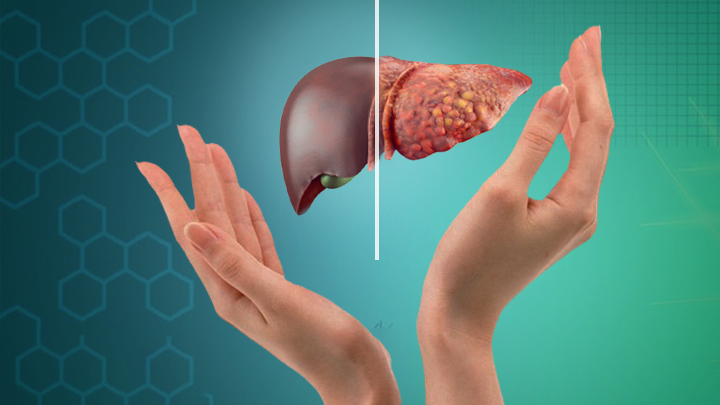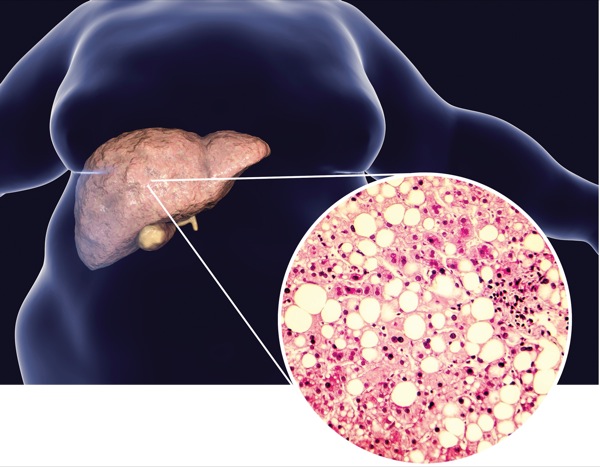World Cancer Day: It is commemorated on February 4, and aims to raise awareness and educate people about cancer in general, promoting prevention, early detection and treatment. The initiative emphasizes the importance of adopting healthy habits and supporting those fighting this disease.
World Cancer Day: What is cancer?
Cancer is a disease characterized by the uncontrolled growth of abnormal cells that can invade surrounding tissues and organs. Its global impact is significant, affecting millions of people and their loved ones.
What are the causes that lead to it?
The causes of cancer are diverse, including genetic, environmental, and lifestyle factors. Known contributors include tobacco consumption, excessive sun exposure, an unhealthy diet, and lack of physical activity.

Liver cancer?
Liver cancer is a common and dangerous form of cancer. Risk factors such as cirrhosis, chronic hepatitis B or C infections, and non-alcoholic fatty liver disease can increase the likelihood of developing this disease.

Symptoms of Liver Cancer?
Recognizing the symptoms of liver cancer is crucial for early detection. In the early stages, signs may be subtle or absent. Still, as it progresses, they can include unexplained weight loss, abdominal pain, persistent fatigue, and a feeling of fullness after eating small amounts. The onset of jaundice and yellowing of the skin and eyes may also indicate liver issues. Education about these symptoms is paramount for timely medical attention.
World Cancer Day: What modern treatments are applied to patients with liver cancer?
Treatments for liver cancer have advanced significantly. Options include surgery, radiofrequency ablation, liver transplantation and others. Targeted therapy, such as inhibiting specific cell growth points, has proven effective in some instances.














